
OR
Milk production in Sindhupalchowk returns to pre-quake level
Published On: April 2, 2018 04:00 AM NPT By: DHRUBA DANGAL
SINDHUPALCHOWK, April 2: Milk production in Sindhupalchowk district, which had fallen drastically after the 2015 earthquakes, has reached to the pre-quake level.
It took three years for milk production to return to normalcy, says Indra Mani Dahal, a former executive member of Milk Producers' Association Nepal. “Thousands of dairy cattle perished, and number of buildings and other infrastructure were floored in the earthquake they shook the nation three years ago. But things have become normal now,” he added.
According to Dahal, who is the promoter of Indra Milk Dairy, the district sends 20,000 liters milk to Kathmandu Valley from every day. Milk supply to Kathmandu Valley had fallen to 10,000 liters after the earthquake. Local farmers are earning a combined Rs 1 million every day, he added.
“The district has been selling milk worth Rs 12.5 million annually,” added Dahal.
Thanks to its proximity to Kathmandu Valley, the major consumer of dairy products in the country, Sindhupalchowk is fast developing as an ideal place for dairy farming. Many farmers are already involved in commercial dairy farming. Milk produced by farmers is collected through more than 150 dairy co-operative firms in the district.
State-run Dairy Development Corporation (DDC) and private dairy producers like Sujal Dairy and Kathmandu Dairy are the major buyers of milk produced in Sindhupalchowk district.
Chilling centers at Naubise, Balefi, Khadichaur, Sukute, Sanga Chowk, Sipaghat, Bahune Pati and Melamchi store milk before it is transported to Kathmandu.
DDC classifies milk into two categories on the basis of quality. Farmers receiving money on the basis of the fat and lactose content in milk. A farmer receives as average of Rs 50 per liter, according to Dahal.
Melamchi belt is the largest milk producer in the district. It produces around 13,500 liters on a daily basis. Milk production falls between April and July, which is known as dry season, while production increases between August and March.
Farmers get metal bins to store food grains
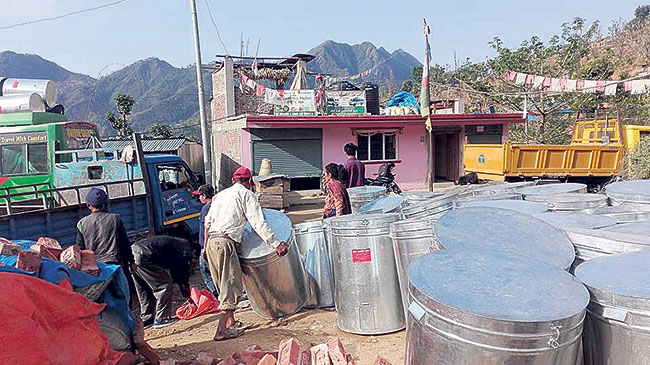
Metal bins distributed to farmers. Photo: Republica
DHUNCHE (REPUBLICA): Farmers of two rural municipalities of Rasuwa have metal bins for safe storage of seeds and food grains.
District Agriculture Development Office (DADO), Rasuwa distributed the bins to farmers of Uttar Gaya and Nau Kunda rural municipalities. Farmers, who lost seeds and farm equipment during the earthquakes of 2015, were prioritized for distribution of metal bins, officials of DADO Rasuwa told Republica.“
"We have distributed metal bins to farmers of Uttar Gaya and Nau Kunda rural municipalities. Very soon, farmers of Kalika Rural Municipality will get similar bi”s," Dinesh Babu Tiwari, a senior agriculture development officer with DADO Rasuwa, said.
According to Tiwari, 82 farmers of Nau Kunda and 66 farmers of Uttar Gaya benefited from the program.
Each bin costs around Rs 2,800. It can store 196 kg of seeds, according to DADO Rasuwa.
You May Like This

Milk production in Chitwan increases by over 10,000 metric tonnes in five years
CHITWAN, August 30: Milk production in Chitwan has increased by over 10,000 metric tonnes in the past five years, said... Read More...
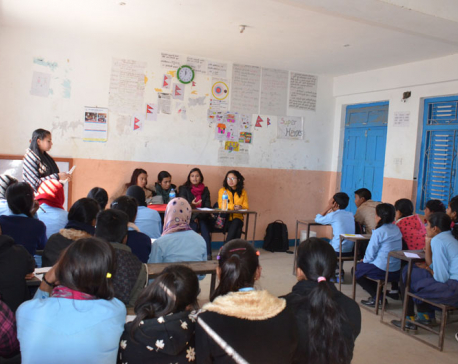
USYC 2015 mentors secondary level students in Sindhupalchowk
SINDHUPALCHOWK, Jan 24: The United States Youth Council (USYC) 2015, iMentor team organized the ‘First Education Career Fair 2017’ as part... Read More...

Dairies shutdown after milk production hits a snag
JAJARKOT, Sept 18: The dairies at eight locations in the district have shutdown after milk production shrank in wake of... Read More...

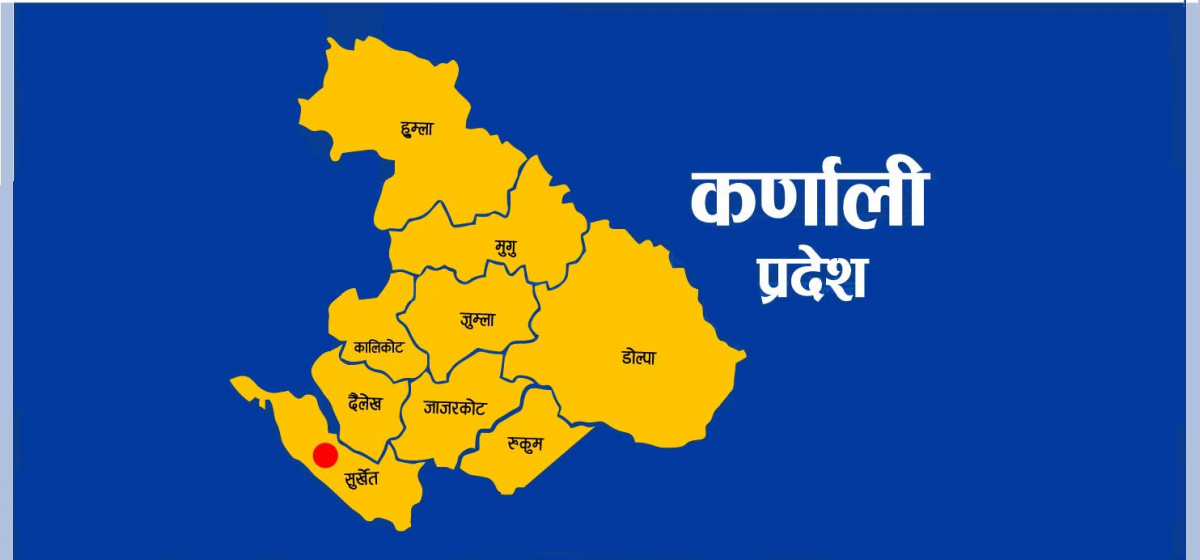
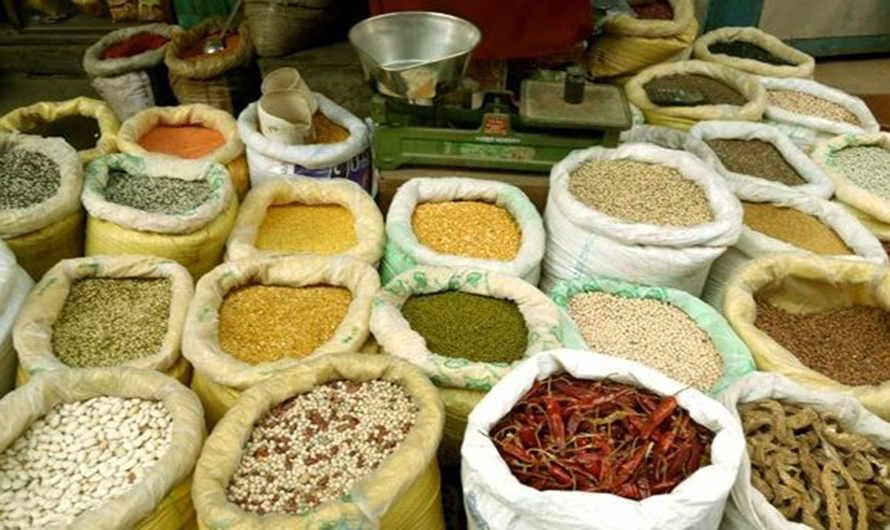
Just In
- Universities will be free from partisan interests: Education Minister
- CIAA files cases against five, including ex-chief of Social Development Office Dolpa
- Kathmandu witnesses surge of 2,000 new commercial bank branches in six years
- Crops and livestock special production zone scheme implemented in 10 districts of Karnali
- Rising food prices cause business slowdown
- Madhesh Province Assembly meeting postponed after Janamat’s obstruction
- Relatives of a patient who died at Karnali Provincial Hospital 6 days ago refuse body, demand action against doctor
- Khatiwada appointed as vice chairman of Gandaki Province Policy and Planning Commission



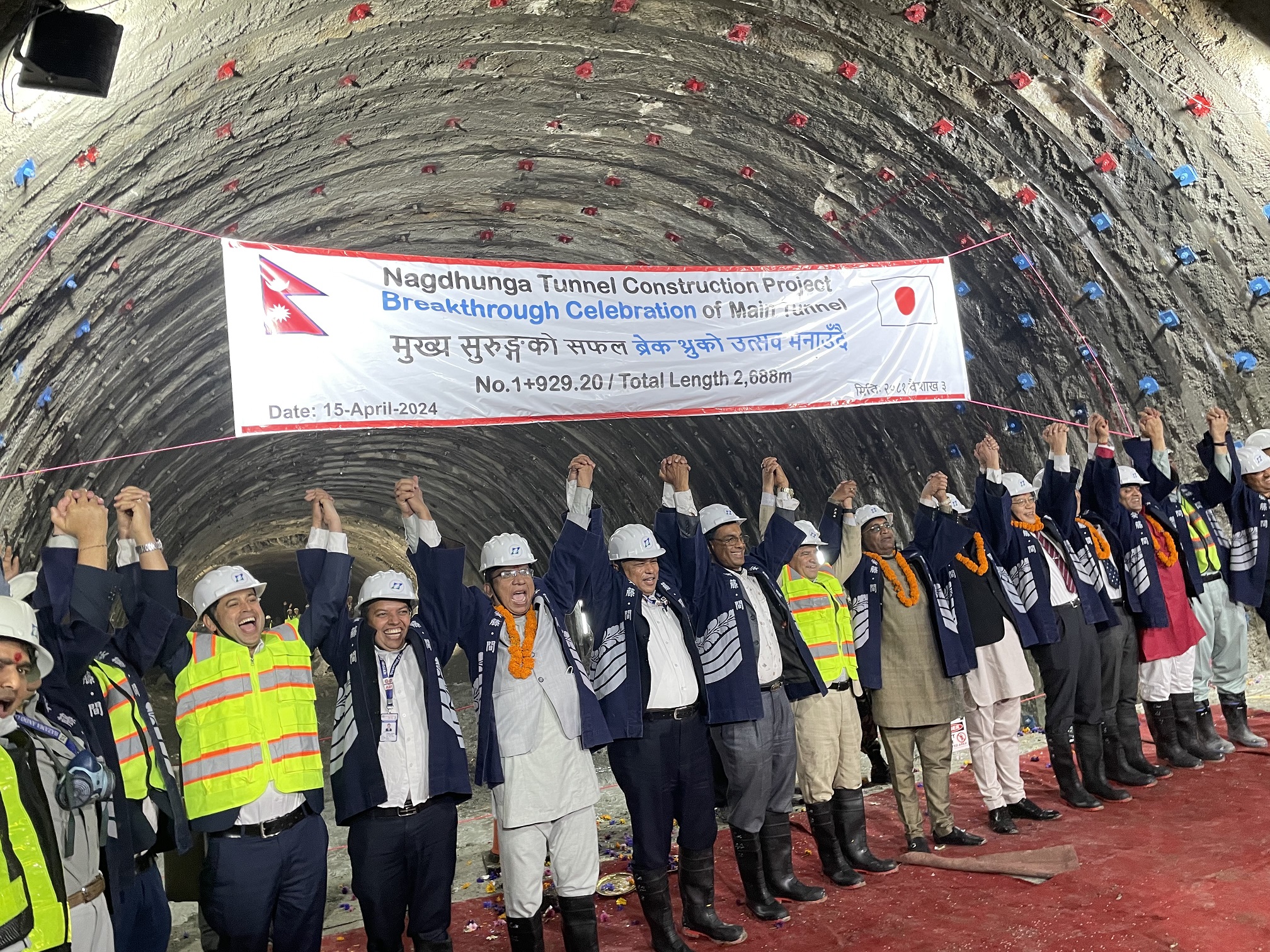



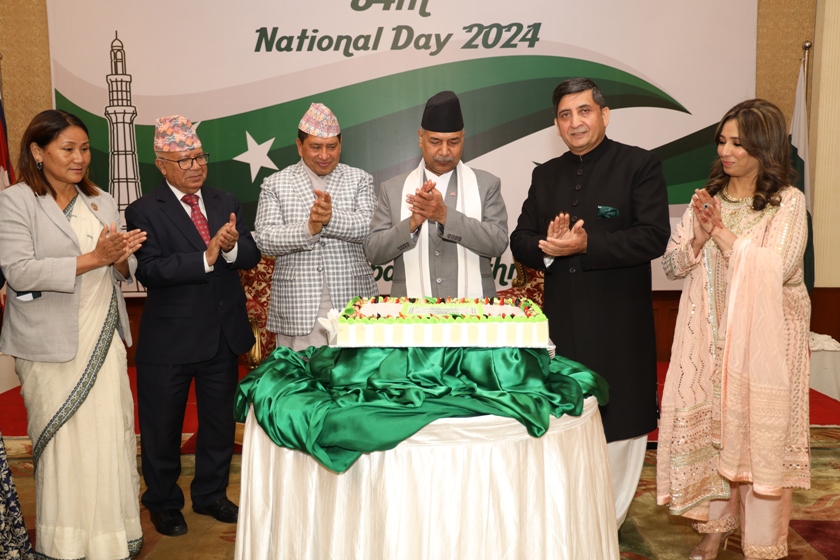

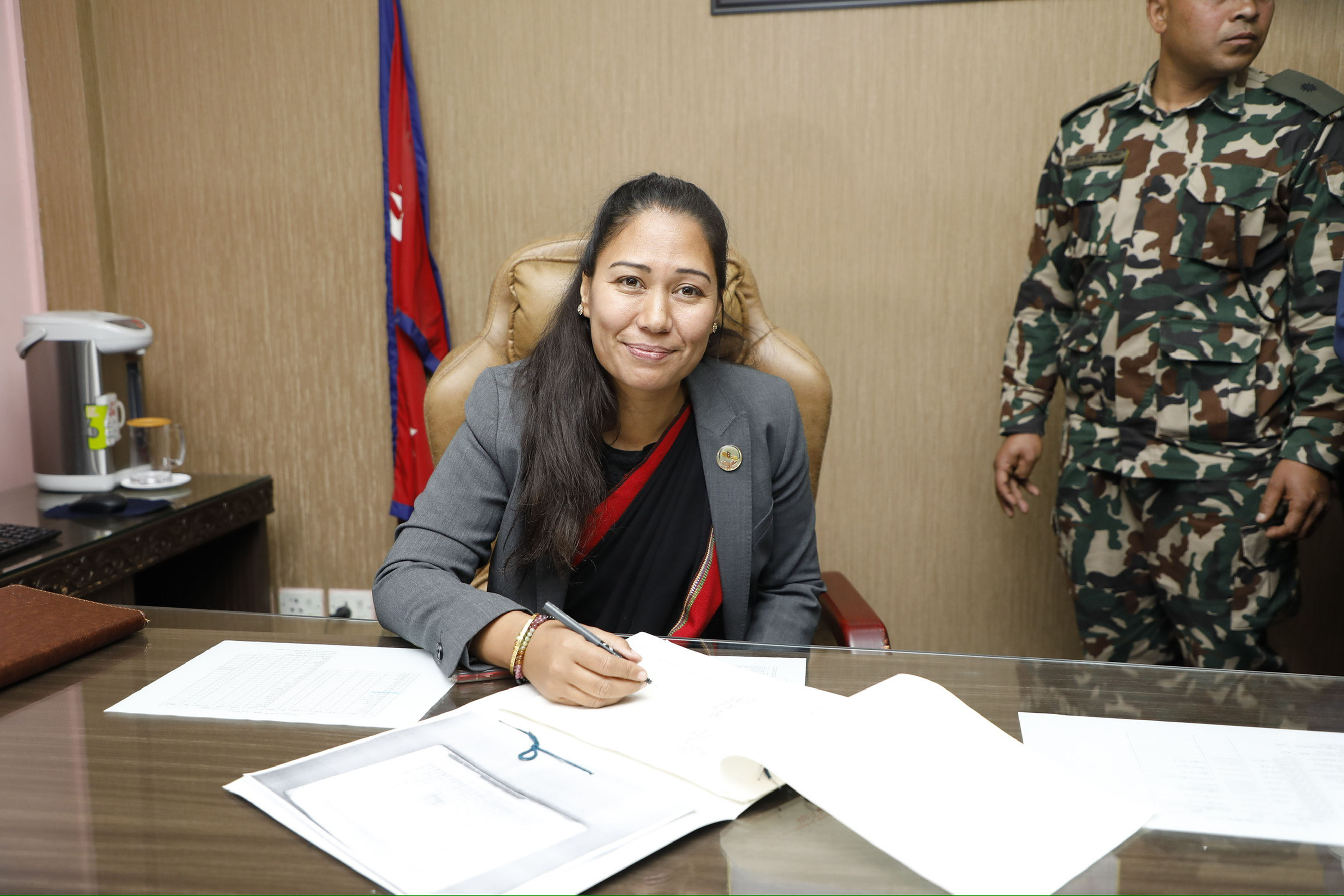

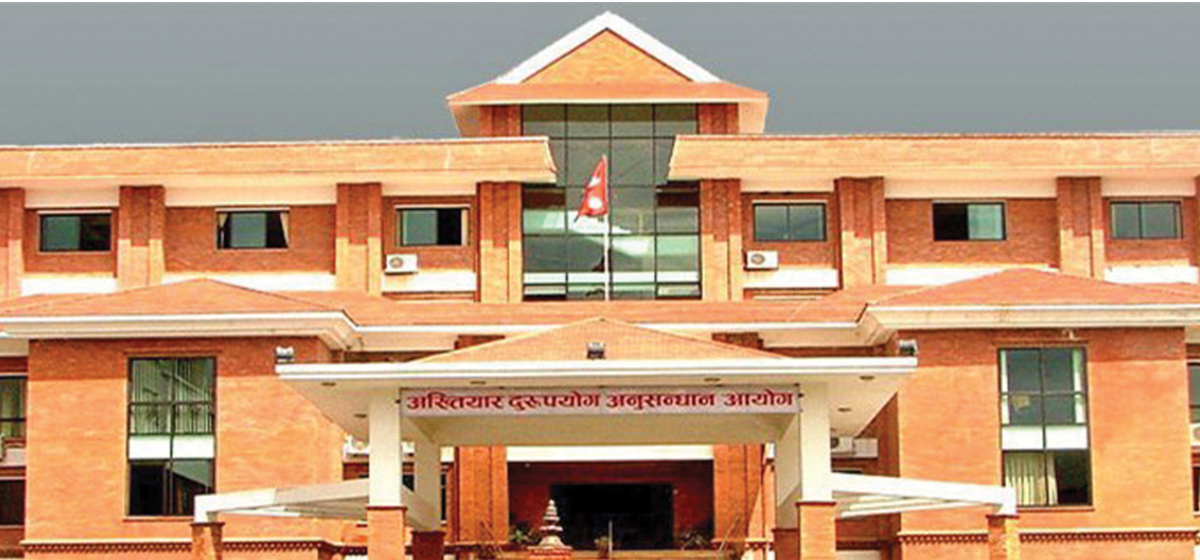


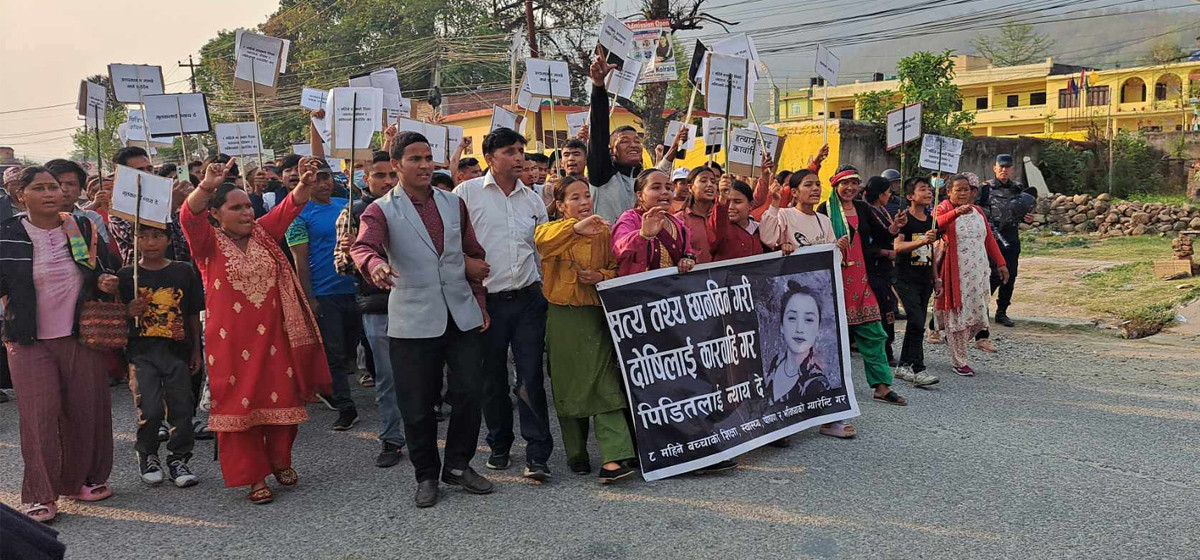
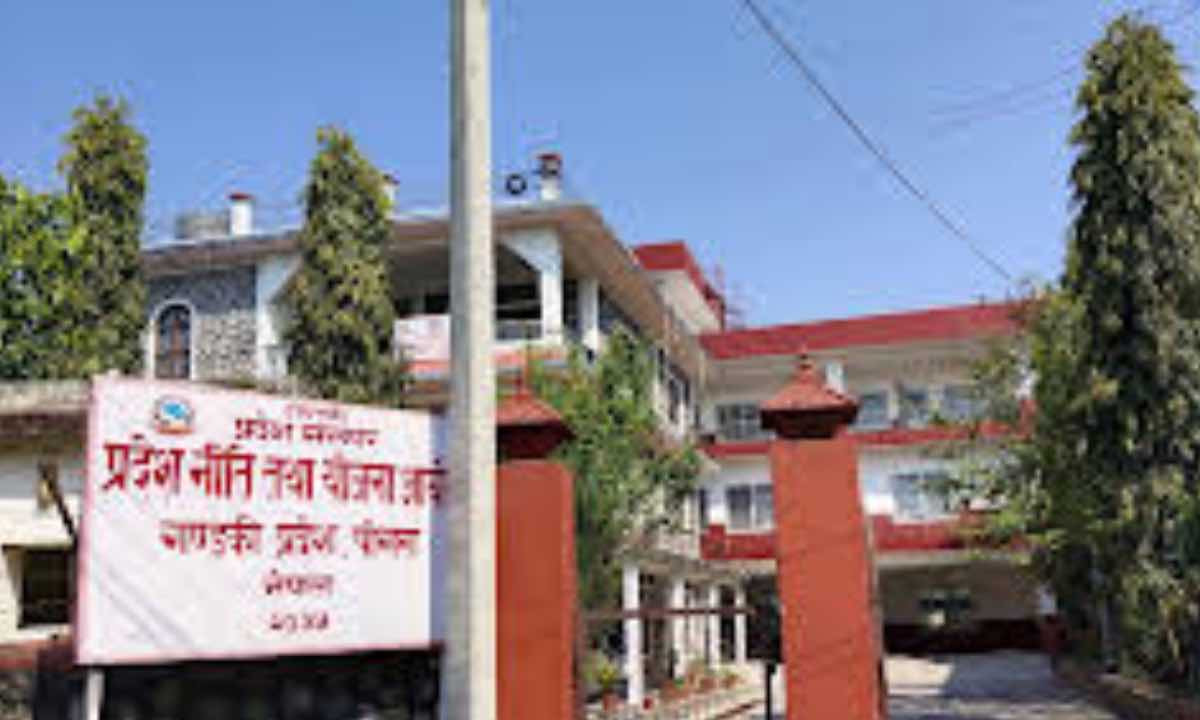
Leave A Comment